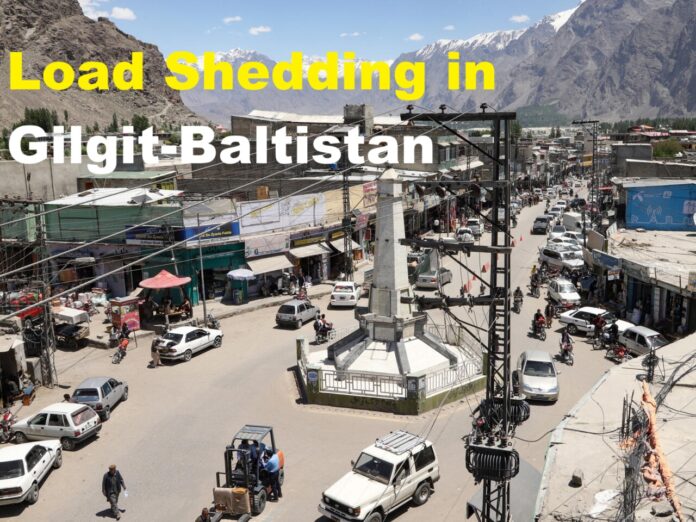The load-shedding issue in Gilgit-Baltistan (GB) has been a persistent challenge, particularly during the harsh winter months. This problem stems from various factors that include limited electricity generation, an increasing population, and outdated infrastructure.
Gilgit-Baltistan is grappling with one of its worst electricity crises in winter, as revealed by an online poll conducted earlier this week by Hunza Times. The survey highlights the extent of power outages in the region, with 81% of respondents reporting over 20 hours of daily load-shedding, 11% facing more than 10 hours, and only 8% experiencing relatively lighter outages of 2+ hours.
Moreover, the poll, which garnered 605 votes, reflects the dire electricity situation affecting households, businesses, and essential services. Residents shared their struggles in the comments, citing freezing temperatures, disrupted routines, and a lack of alternative energy solutions as key challenges.
Gilgit-Baltistan faces significant hardships due to the lack of reliable electricity. Students preparing for exams encounter difficulties studying, while schools struggle to maintain operations. Small businesses suffer due to limited operational hours and the inability to power machinery and equipment. Freelancers and online businesses are also affected by internet outages. Additionally, many households resort to costly alternatives like generators or firewood, further straining finances and contributing to environmental degradation.
The harsh winters in GB increase the demand for electricity due to heating requirements. At the same time, the supply of hydropower decreases as rivers and streams freeze or their flow is significantly reduced.
Furthermore, the region remains dependent on outdated infrastructure and seasonal hydropower plants that fail to meet winter demand. While renewable energy projects have been discussed, implementation remains slow, leaving residents in the dark—both literally and figuratively.
At last, addressing the load-shedding problem in Gilgit-Baltistan requires coordinated efforts from the government, local authorities, and the community. With proper planning and investment, the region’s energy crisis can be significantly mitigated.

